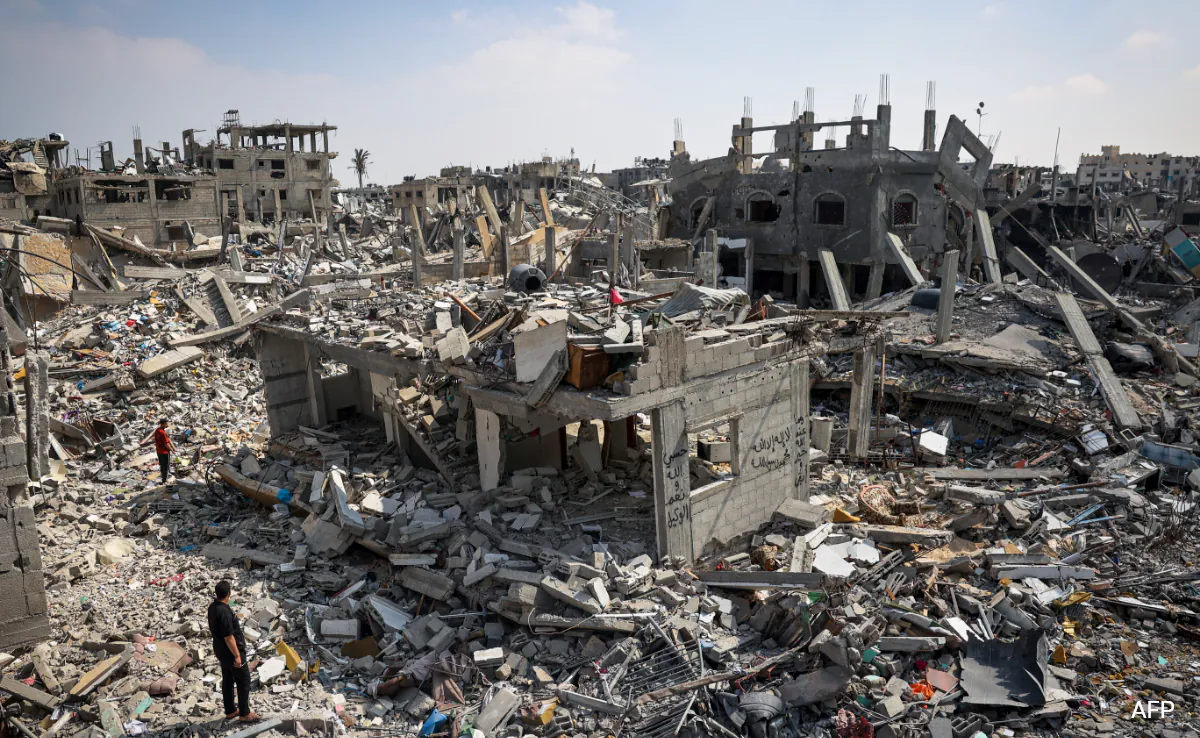Already a subscriber? Make sure to log into your account before viewing this content. You can access your account by hitting the “login” button on the top right corner. Still unable to see the content after signing in? Make sure your card on file is up-to-date.
Brazil has officially announced it will intervene in the International Court of Justice (ICJ) case brought by South Africa, which accuses Israel of committing genocide in Gaza.
Getting into it: The announcement was made on September 17, when Brazil formally submitted a declaration of intervention to the ICJ under Article 63 of the Court’s Statute. In its filing, Brazil said it was joining the case “to present its interpretation of the relevant provisions” of the Genocide Convention, specifically Articles I, II, and III, which define genocide and state obligations to prevent and punish it. Brazil’s Foreign Ministry had previously said that “impunity for serious violations of international law must be confronted,” and that it was compelled to act in light of Israel’s actions in Gaza and the West Bank.

Brazil argued that the ICJ’s interpretation of the Convention in this case “will be binding on all parties,” and said the case presents “a serious legal question of interpretation” that affects its rights and obligations under international law.
The case itself was initially filed by South Africa on December 29, 2023, alleging that Israel’s military operations in the Gaza Strip amount to acts of genocide against the Palestinian population. South Africa claims that Israel has not only failed to prevent genocide but has actively committed it, pointing to the scale of civilian casualties, the systematic destruction of infrastructure, and blocking of humanitarian aid. The ICJ has already issued provisional measures ordering Israel to take all steps within its power to prevent genocide and to allow the unimpeded delivery of humanitarian assistance.
Brazil joins a growing list of countries that have formally intervened in support of South Africa’s position, including Spain, Ireland, Mexico, Türkiye, Colombia, and Chile. These nations argue that the case raises fundamental questions about how the Genocide Convention should be interpreted and enforced. Many of them have echoed South Africa’s concerns about the scale of civilian deaths and destruction in Gaza while calling for stronger accountability measures.
Israel has rejected the genocide allegations, characterizing the ICJ case as politically motivated and legally baseless. Israeli officials argue that their military actions are in self-defense against Hamas, which they blame for initiating the conflict with attacks on Israeli civilians and infrastructure. Israel also says it targets Hamas militants, not civilians, and accuses Hamas of embedding its operations within densely populated areas, thereby putting Palestinian civilians at risk.







